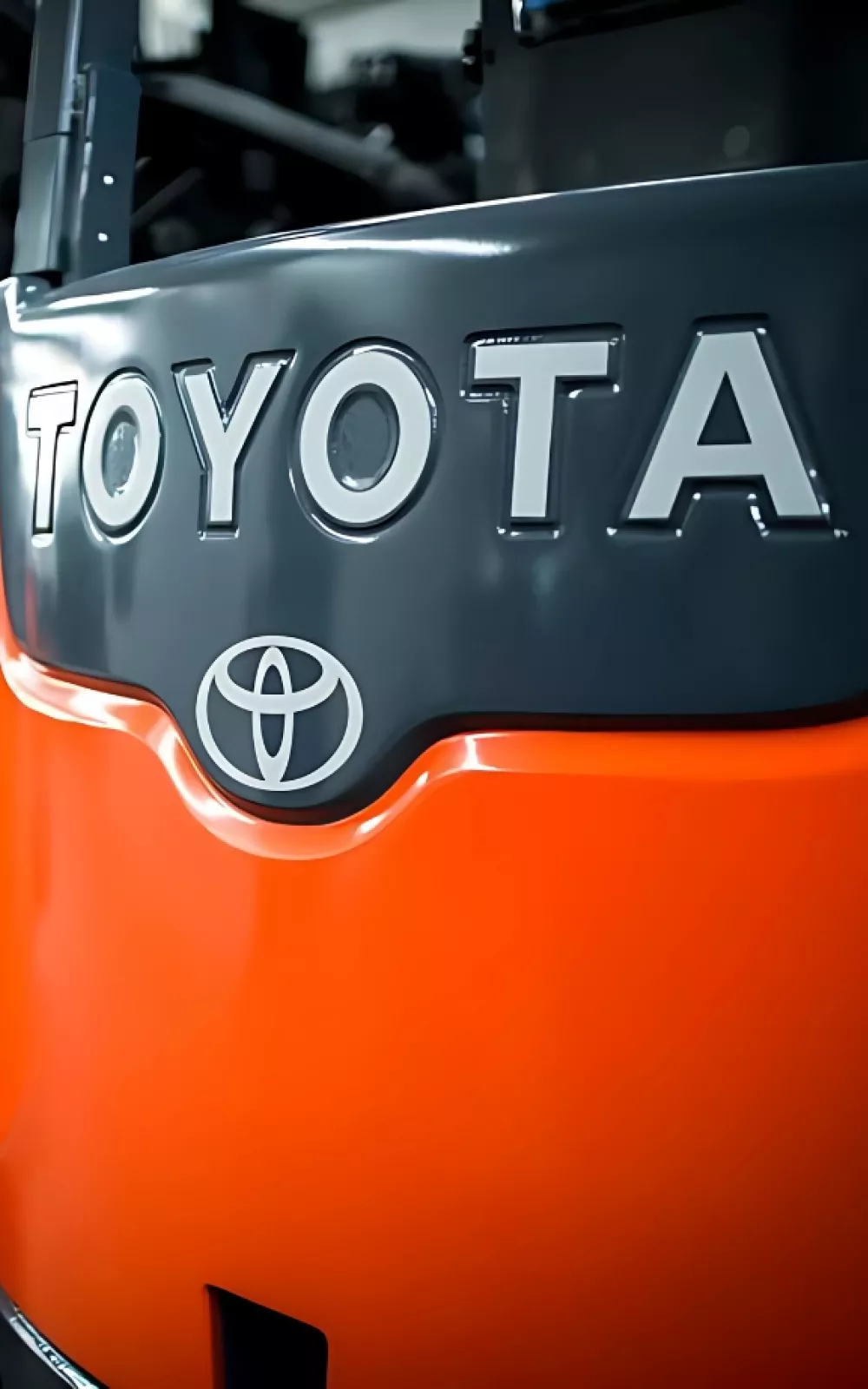Rent
ProLift offers daily, weekly, and monthly rentals. Find the right equipment for maximum productivity and safety.
ProLift offers daily, weekly, and monthly rentals. Find the right equipment for maximum productivity and safety.
Used forklifts with warranties and a 30-day exchange guarantee, plus as is and wholesale equipment options.
Explore leasing, ownership, and rental purchase options for equipment and other warehouse solutions.
Reimagine your warehouse and increase your storage capacity! CAD drawings included.
Reimagine your warehouse and increase your storage capacity! Submit your request for quote and a warehouse solutions consultant will reach out to schedule a site visit.
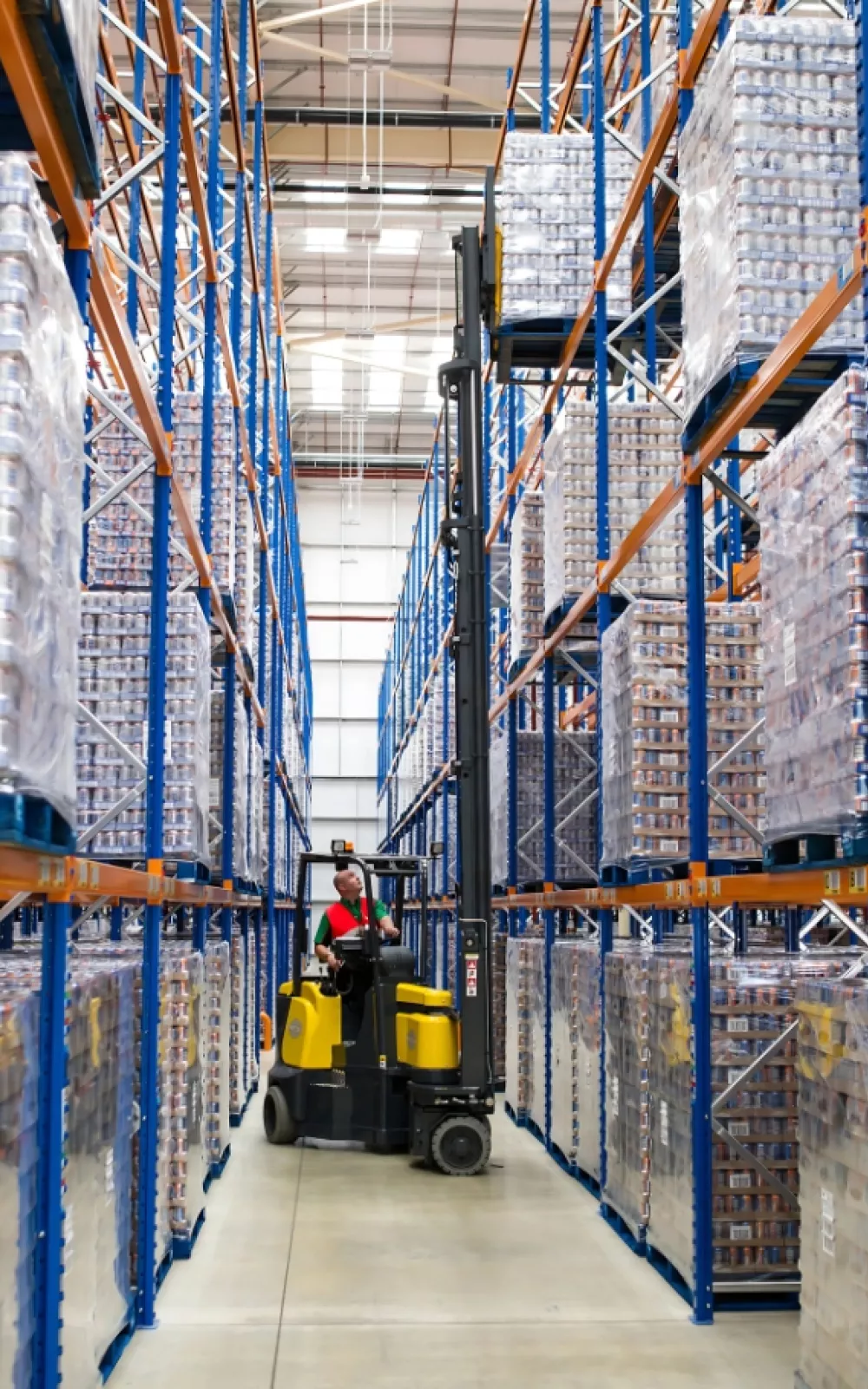
Minimize downtime when you schedule our mobile tire truck for on-site tire pressing.
Minimize downtime when you schedule our mobile tire truck for on-site tire pressing. Our parts team will reach out soon!
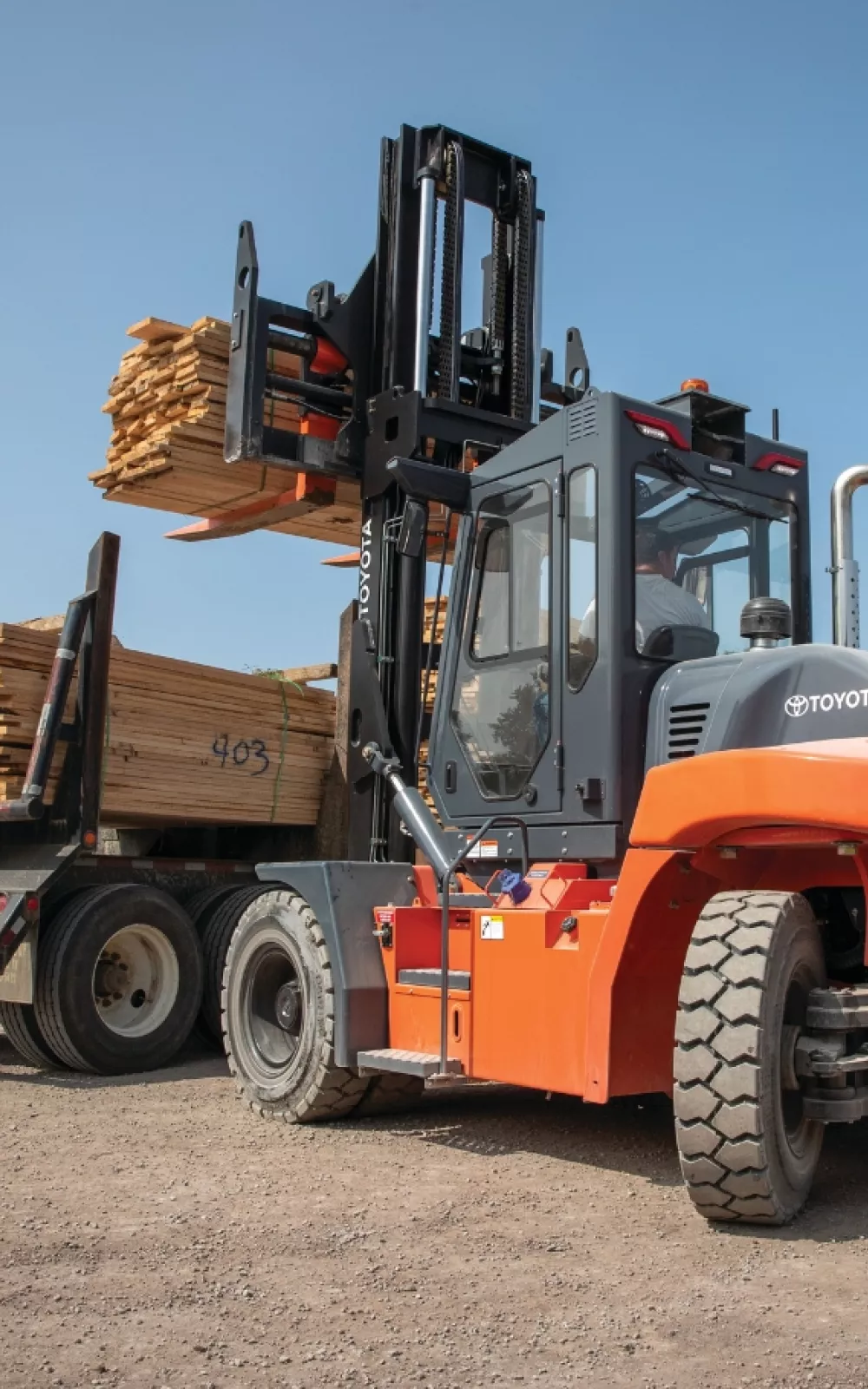
Keep your equipment on a maintenance schedule to stay ahead of needed parts and service.
ProLift offers four maintenance programs to fit your productivity and budget. Schedule a site survey and quote with a sales consultant.

Let us know how we can assist you! A ProLift specialist will connect with you to help with your material handling needs.
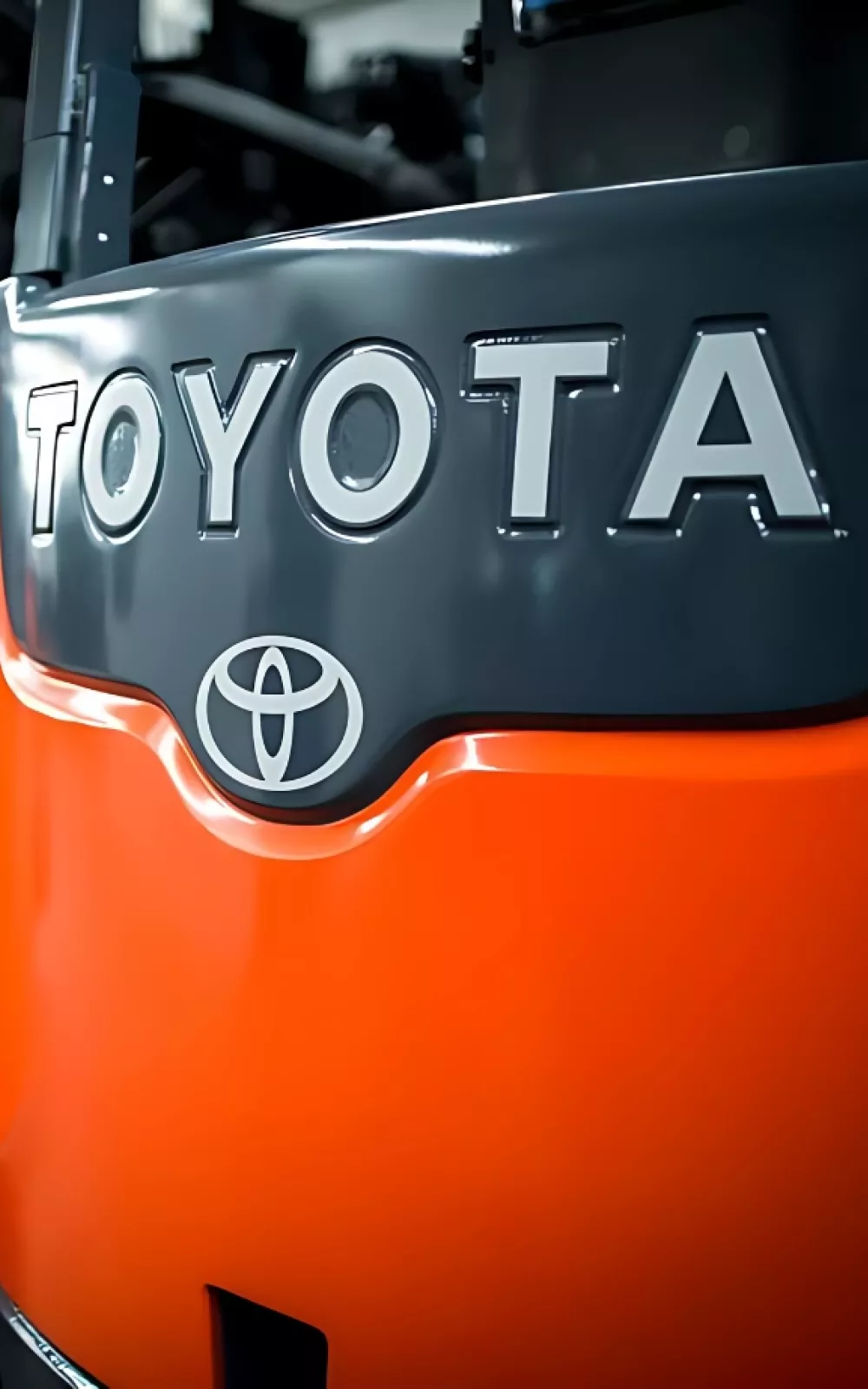
Let us know how we can assist you! A ProLift specialist will connect with you to help with your material handling needs.

A well-organized warehouse is key to forklift safety. Discover how effective housekeeping practices can reduce accidents, improve productivity, and create a safer environment for everyone working around forklifts.
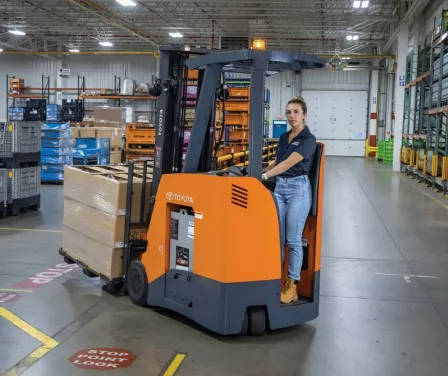
Forklifts are used in various environments. They are exposed to shrink wrap, banding materials and other debris from the manufacturing and warehouse process, which makes housekeeping important to the safe and proper operation of a forklift.
OSHA CFR1910.143(a)(3) Housekeeping.
All places of employment shall be kept clean to the extent that the nature of the work allows.
Plastic banding material is intended to secure heavy loads, but when it wraps around a forklift’s wheels and axles, it can put significant strain on brake lines, parking systems, steering components, axle seals, and bearings. Forklift damage from floor debris can lead to serious or even fatal accidents. Just one piece of banding can compromise critical brake or steering systems, increasing the risk of operators losing control of heavy equipment, with potentially life-threatening consequences.
Ground clearance of forklifts is generally kept to a minimum for stability concerns. This makes it easy for materials on the floor to get caught in rotating assemblies.
The cooling system is designed to draw air from the floor beneath the forklift, channel it through the radiator, and release it out the back. This process can create a vacuum effect, pulling in debris like shrink wrap and dust into the mechanisms and radiator, which may lead to damage and overheating.
Another regulation, OSHA CR1910.178(q)(9), advises it is illegal to operate an overheating forklift. This statement applies to housekeeping because when the forklift is overheating, it does not meet UL classification. It can become a source of ignition for other materials or a fire hazard itself.
Housekeeping within your warehouse and the removal of floor debris hazards matters to everyone’s safety. Keep safety awareness strong with regular training. Learn more about our available safety training classes, or contact a safety specialist to schedule training.
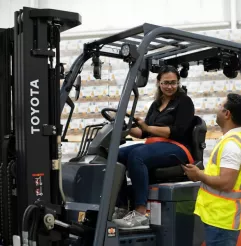
Continue promoting safety at your facility with our comprehensive safety training classes. ProLift offers training for both operators and trainers. Contact our safety specialist to schedule your team.
ProLift is your one-stop shop for dock and door, forklift, and industrial battery maintenance. Contact us today to be connected with a sales consultant.
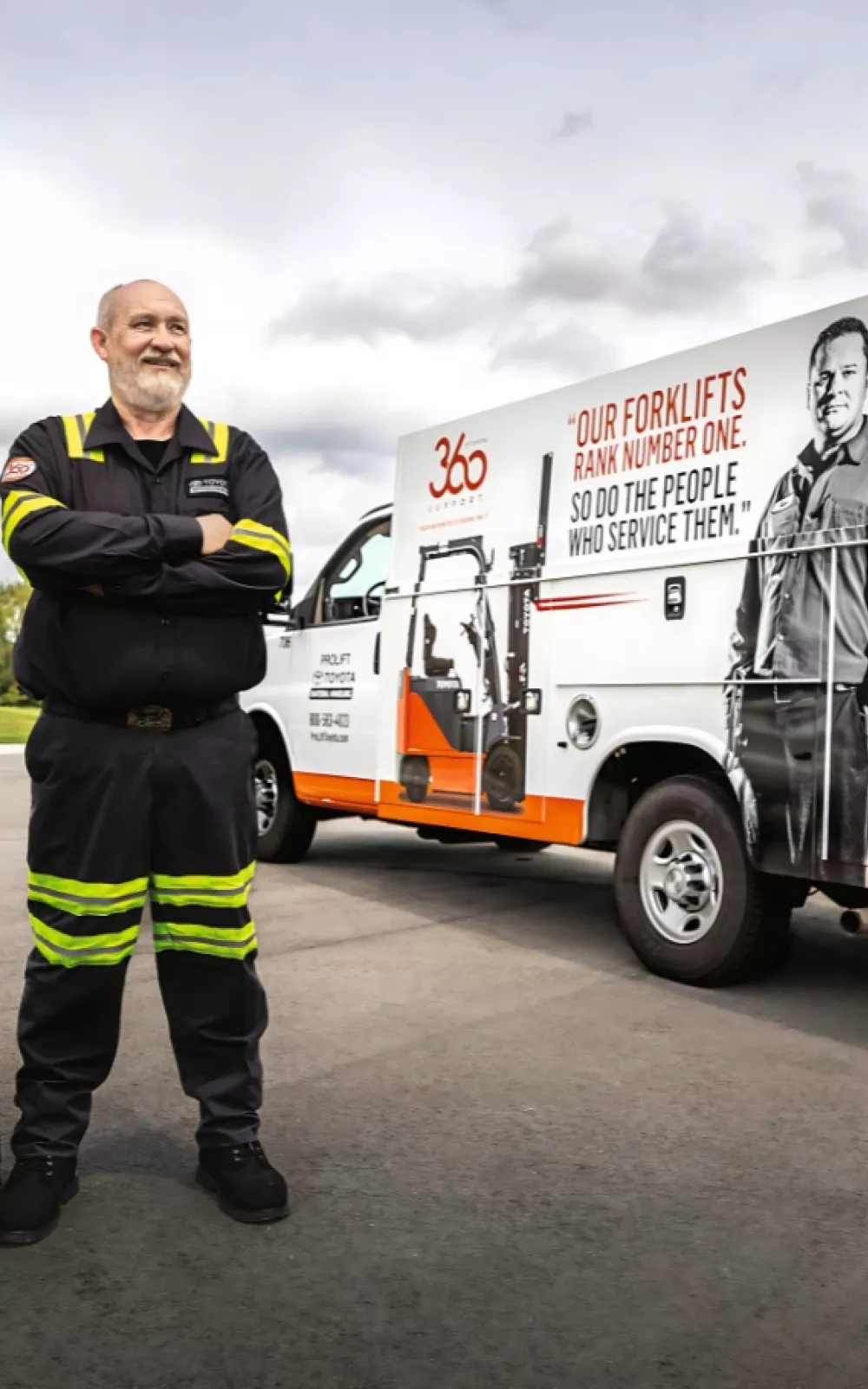
Let us know how we can assist you! A ProLift specialist will connect with you to help with your material handling needs.
